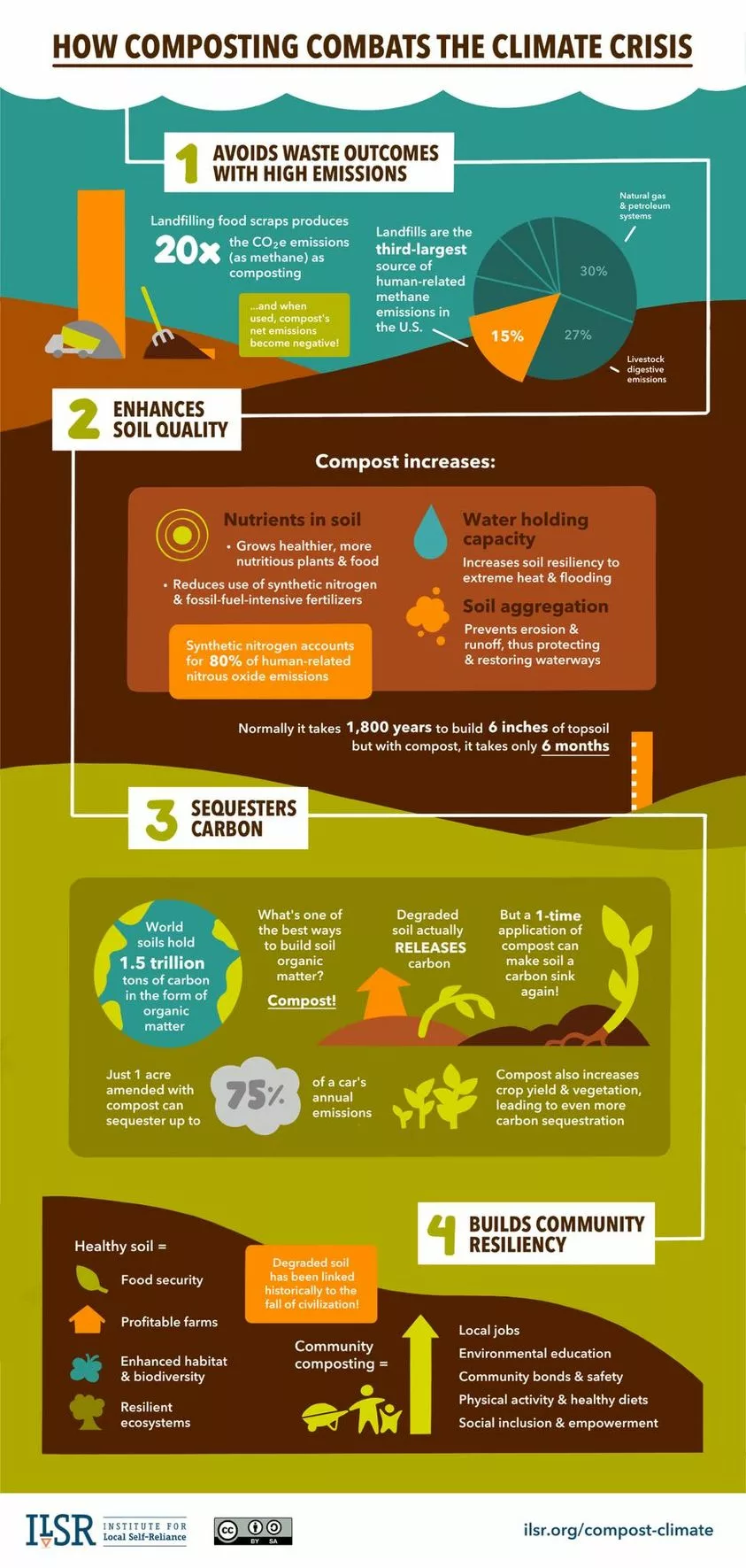
The hemp industry has the potential to play a significant role in combatting climate change by providing sustainable alternatives to conventional products and practices. Here are some of the key reasons why the hemp industry can be a role model in addressing the climate crisis:
- Carbon Sequestration: Hemp plants have a remarkable ability to sequester carbon dioxide from the atmosphere. They grow rapidly, absorbing carbon dioxide and storing it in their biomass. This carbon sequestration potential can help to mitigate the effects of greenhouse gas emissions.
- Sustainable Building Materials: Hempcrete, a construction material made from hemp fibers and lime, is a sustainable alternative to concrete, which is a major source of greenhouse gas emissions. Hempcrete is lighter, stronger, and more insulating than concrete, and it can help to reduce the energy consumption of buildings.
- Biofuel Production: Hemp biomass can be used to produce biodiesel and ethanol, which are renewable alternatives to fossil fuels. These biofuels can help to reduce reliance on petroleum and reduce greenhouse gas emissions from transportation.
- Sustainable Textiles: Hemp fibers can be used to produce durable and sustainable textiles, reducing the need for cotton, which is a water-intensive crop. Hemp textiles are also biodegradable, unlike synthetic fibers that contribute to microplastic pollution.
- Soil Remediation: Hemp can be used to remediate contaminated soils, removing heavy metals and other pollutants. This can help to restore degraded lands and improve soil health.
- Reduced Waste and Landfill Use: Hemp products are generally more durable and long-lasting than conventional products, leading to reduced waste generation and landfill use. This can help to conserve resources and reduce greenhouse gas emissions from landfills.
- Promotion of Sustainable Agriculture: Hemp cultivation promotes sustainable agricultural practices, such as organic farming and crop rotation. This can help to reduce soil degradation, improve biodiversity, and reduce reliance on chemical fertilizers and pesticides.
- Empowerment of Local Communities: Hemp cultivation and processing can provide economic opportunities for local communities, particularly in developing countries. This can help to alleviate poverty and promote sustainable livelihoods.
By embracing the versatility and sustainability of hemp, the hemp industry can set an example for other industries in reducing their environmental impact and contributing to a more sustainable future. The hemp industry has the potential to be a powerful force in the fight against climate change, offering innovative and eco-friendly solutions that can help to protect our planet for generations to come.

